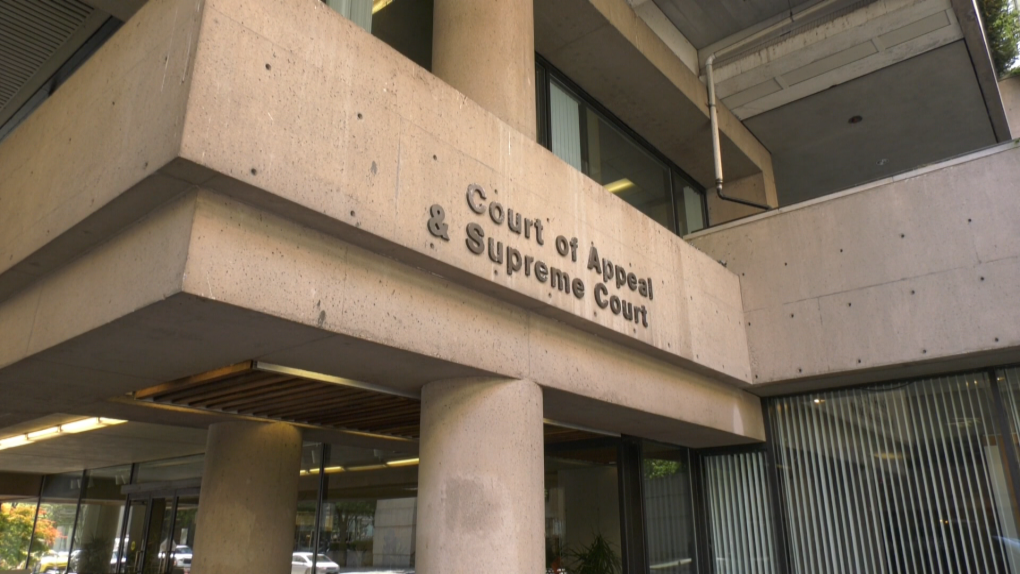vancouver –
The BC Supreme Court has reinstated a business license and ordered the City of Kelowna to pay the business owner’s court costs after determining that the city acted illegally when it revoked the license last year.
In his reasons for his decision, Justice Gordon C. Weatherill wrote that Greg Wise, the city’s business licensing manager, had overstepped his legal authority in deciding not to renew the license without consulting the city council first.
The business in question in the case was M. Weiss Masonry, Inc., which has operated as a home-based business from a farm located in the Agricultural Land Reserve since 1995. The business owner, Martin Weiss, also farms the land.
City bylaws allow home-based businesses on ALR-zoned properties, but only if the business is secondary to the residential use of the property and – in the case of the license class Weiss applied for – is not “detectable from outside the property.”
In November 2015, according to Weatherill’s decision, city bylaw inspectors “took photographs of numerous vehicles, pieces of equipment, materials, wooden pallets and other objects, all indicative of commercial business activities being conducted on the property.”
The city issued bylaw offense notices to Weiss the following year, though he denied receiving them until November 2017, when they came with a cover letter from the city indicating that his business license was being reviewed.
Weiss met with city officials in May 2018 to discuss the bylaw offenses, and the notices against him were put “on hold,” according to Weatherill.
“Between May 2018 and December 2020, city officials met with representatives of the (Agricultural Land Commission) and monitored from afar whether adequate steps were being taken by (Weiss) to remedy the situation on the property,” the justice wrote in his decision.
“However, the City had no further discussions or communications with (Weiss or his business) of any kind until December 2020.”
At that time, the city wrote to Weiss advising him that his business license would not be renewed for 2021.
“The letter, signed by Mr. Wise, was sent before the petitioner had submitted any application, document, request, or fee to renew its existing licence,” Weatherill wrote.
While the Wise’s role has the “delegated authority” to determine whether an initial business license should be granted, Weatherill wrote, the position does not have the authority to revoke a license or decide not to renew it. That requires the city council’s approval.
Under Kelowna’s Business License Bylaw, a business renews its license annually by submitting its $25 renewal fee before a specified renewal date. In the case of M. Weiss Masonry, the city had renewed the company’s license through this process every year since 1995, including every year between 2015 and 2020, after the alleged bylaw offenses began.
In his decision, Weatherill wrote that the city “was well aware” of the proper procedure for canceling a business license, as evidenced by its 2017 letter to Weiss, which read, in part:
“Your business license 29868 is now under review by the Business License Manager, Greg Wise, and without full cooperation and compliance your business license will be reviewed by City Council requesting it be cancelled.”
The justice added that the question of whether the masonry business was truly violating the city’s bylaws – though not essential to his decision on the matter – was an open one.
Weatherill wrote that the city’s reasoning for desiring to cancel the license was “speculation in the extreme.”
“They did not provide any evidence contradicting (Weiss’) evidence regarding the business use of the property and sought to justify the reasonableness of their actions by reliance on nothing other than assumptions, conjecture and inadmissible hearsay,” he wrote.
“Had Mr. Wise taken the time to communicate with (Weiss) about (the business’) use of the property in 2020 instead of relying on information from years past and acting out of frustration, there may well have been a basis for a determination that a revocation of the … business license was reasonable.”
Weatherill awarded Weiss court costs and ordered that his business license be renewed according to the usual process.
The justice noted, however, that his decision did not usurp the city’s authority to revoke the business license in the future for a legitimate reason under its bylaws.










